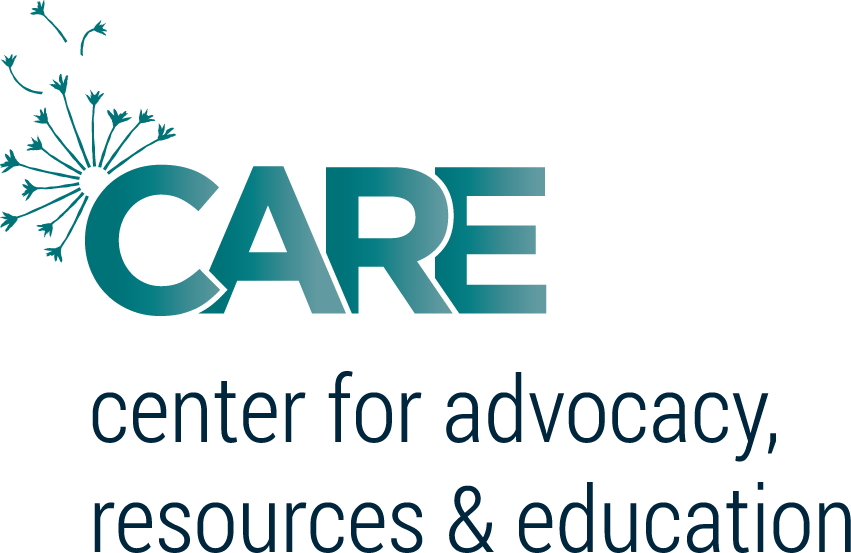Emergency Response
Emergency response is available 24 hours/day, 7 days/week for urgent matters such as a sexual assault that has occurred in the past 5 days or assistance with emergency shelter due to intimate partner violence.
To speak with a confidential advocate during business or non-business hours, please call (530) 752-3299. When calling outside of normal business hours, press “1” when prompted by the voicemail greeting to be immediately connected to a confidential advocate.
Making an Appointment
A confidential CARE advocate is able to meet with you by appointment in-person or remotely during business hours. Same day appointments may be available. Additionally, CARE can arrange for interpretation services during phone calls and meetings with the advocate; please let us know if this service would be helpful in order to better connect with us.
To speak with a confidential advocate or to make an appointment, please call (530) 752-3299 or email ucdcare@ucdavis.edu.
What to Expect When Meeting with an Advocate
At the time of scheduling, you will be provided with the Intake/Consent for Services Form and Tele-Advocacy Form, as appropriate, to complete before the start of your first appointment.
During your first meeting with a CARE advocate, they will briefly review the information on our Consent for Services Form and answer any questions you may have, offer to explain the scope of CARE’s services and the advocate’s role, check in with you about your safety, and ask you what you would like to focus on during the meeting.
You are welcome to share as much or as little detail about your situation as feels comfortable to you. The advocate may ask some clarifying questions to better understand how to support you and what resources and options may be available. The content of your discussion with the advocate will largely be dictated by the goals you shared at the beginning of the meeting.
It’s okay if your only goal is to vent or process the experience you’ve gone through.
Before the end of your meeting, the advocate may confirm with you any follow-up appointments to be scheduled, any information they intend to send you after the meeting, and/or any additional resources they may offer to connect you with.
At any time, if you and your advocate decide on an action item that involves them connecting with another resource for you, the advocate will ask you to sign a Release of Information that gives them permission to confirm that they are working with you.
Things to Know About UC Davis CARE Advocates
CARE is a no-cost confidential resource for those who have been impacted by sexual assault, sexual or gender-based harassment, invasions of sexual privacy, sexual exploitation or extorsion, intimate partner violence, and stalking.
We are a safe resource to process and talk about your experience on your own terms. We do not provide therapy services, but are here to listen and support you.
CARE advocates are state certified Sexual Assault and Domestic Violence Counselors in California. Communications between a survivor and their CARE advocate are confidential and protected by law.
CARE offers support and assistance to UC Davis and UC Davis Health community members, including: undergraduate and graduate students, students in our professional schools, staff, faculty, and academic appointees. UC Davis CARE services are also available to employees at UC Agriculture and Natural Resources (ANR).
CARE is separate and independent from the UC Davis Title IX office and the Harassment and Discrimination Assistance and Prevention Program (HDAPP). Sharing information about sexual violence or harassment with CARE does not constitute a report to the university. If you would like to make a report about your experience to the university, a CARE advocate can assist you in doing so.
Only in rare circumstances may the CARE advocate be compelled to share information about a survivor they are working with. These exceptions to our confidentiality include situations where the advocate believes that their client will kill themselves or kill someone else, where the client becomes medically incapacitated in the advocate’s presence, and when the CARE office is compelled by a court order.
